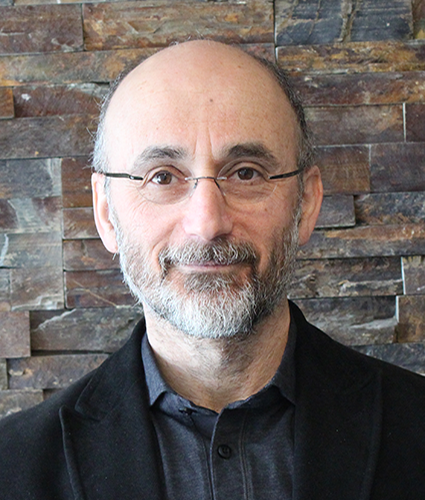COVID-19 Testing and Transmission
COVID-19 Rapid Testing and Activity Transmission Risk
Project Status:Complete
Knowledge User(s)
Ireland Department of Health
Patient/Public Partner(s)
Amanda Doherty-Kirby, Paul Taylor
Project Trainee(s)
Aileen Conway, Rhea O'Regan, Gabriele Zitikyte
Funding Source(s)
- Canadian Institutes of Health Research (CIHR) through the Strategy for Patient-Oriented Research (SPOR) Evidence Alliance
- Health Research Board, Ireland Department of Health
Project Objectives
To determine (1) the effectiveness of different COVID-19 rapid testing strategies including self-administered versus supervised testing, different swab location (nasopharyngeal versus mid turbinate versus anterior nasal) and different testing frequencies (e.g., one off compared to repeated testing at different intervals for different lengths of time) at detecting infectiousness or reducing transmission; (2) the risk of Covid-19 transmission associated with different activities (e.g., dining, exercising etc.) or settings (e.g., educational, hospitality etc.) and what factors contribute to risk (e.g., type of contact, number of contacts, time within the risk environment, etc.); and (3) how transmission risk of common activities alters with background population prevalence of SARS-CoV-2 and population vaccine coverage.
Research Approach
Living Rapid Review
Project Lead(s)
David Moher
David Moher is a Senior Scientist in the Clinical Epidemiology Program, Ottawa Hospital Research Institute, where he directs the Centre for Journalology (publication science ). He is also an Associate Professor in the School of Epidemiology and Public Health, Faculty of Medicine, University of Ottawa. He holds an MSc in epidemiology and PhD in clinical epidemiology and biostatistics.
Dr. Moher has been involved in developing the science of how to optimally conduct and report systematic reviews for most of his professional career. Another part of his research has focused on how best to develop reporting guidelines. He spearheaded the development of the CONSORT statement and the PRISMA statement. He also leads an active program investigating predatory journals and publishers. More recently he led a program to develop core competencies for scientific journal editors. He is actively developing a program to investigate alternatives to current incentives and rewards in academic medicine.
David Moher
Ottawa Hospital Research Institute
David Moher is a Senior Scientist in the Clinical Epidemiology...

